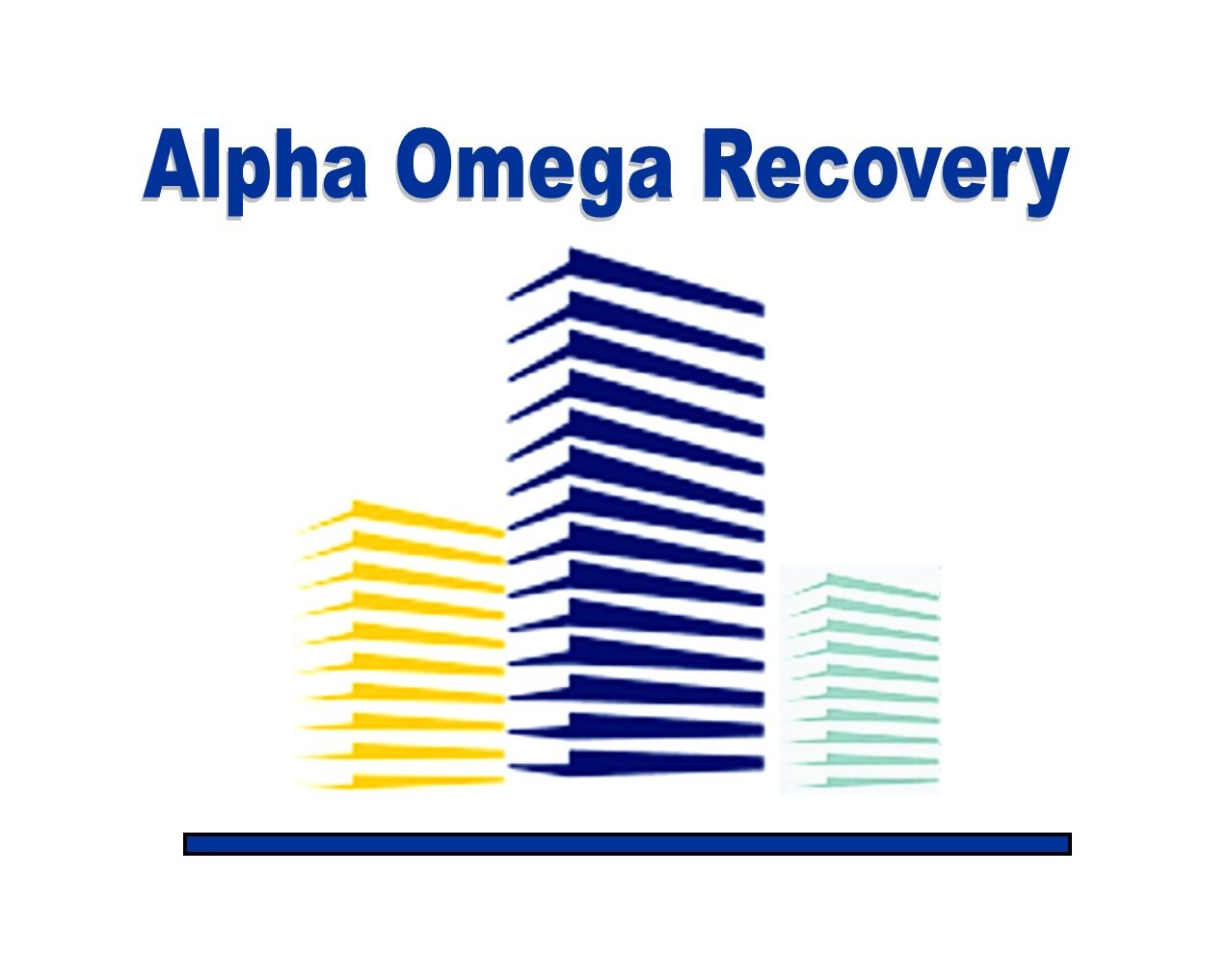Beyond Sanitary Measures To Prevent Airborne Contaminants

Household maintenance, and we’re not just talking about the mechanical or structural aspects, cleanliness surpasses mere sanitation; it embodies a comprehensive complications approach to health and well-being. Beyond the visible accumulation of dust and dirt lies a significant amount of microscopic threats, particularly mold spores, which conceal the potential to wreak havoc on respiratory health and induce allergic reactions. Employing advanced technologies like HEPA (High-Efficiency Particulate Air) vacuums emerges as a pivotal strategy in mitigating these hidden hazards and safeguarding against their detrimental effects.
At first glance, a clutter-free and spotless home might appear as an aesthetic preference or a symbol of domestic diligence. However, beneath the surface lies a complex chemistry of biological agents, such as mold spores, that thrive in environments loaded with dust and dirt. Mold, abundant in both indoor and outdoor environments, finds fertile ground in damp, poorly ventilated spaces. Once settled, it multiplies rapidly, releasing airborne spores that can trigger a host of respiratory issues and allergic reactions in susceptible individuals.
The consequences of mold exposure extend far beyond mere discomfort; they include a variety of health concerns ranging from mild irritation to severe respiratory conditions. For individuals with allergies or asthma, the presence of mold can worsen symptoms, leading to wheezing, coughing, and shortness of breath. Also, prolonged exposure to mold spores has been linked to the development of chronic respiratory illnesses and immune system disorders, highlighting the critical need for active measures to combat its spread.

The utilization of HEPA vacuum cleaners emerges as a cornerstone in the battle against airborne pollutants, including dust mites, pet dander, and most notably, mold spores. Unlike conventional vacuum cleaners that merely recirculate particles back into the air, HEPA vacuums employ a specialized filtration system capable of trapping particles as small as 0.3 microns with unparalleled efficiency. By effectively capturing these microscopic contaminants, HEPA vacuums not only prevent their dissemination but also contribute to the overall improvement of indoor air quality. (Depending on one’s age, one should be able to see targets in the order of 6 – 29 microns).
The effectiveness of HEPA filtration lies in its ability to target particulate matter at the molecular level, thereby reducing the risk of respiratory ailments associated with mold exposure. Unlike standard vacuum cleaners, which may carelessly disperse mold spores during the cleaning process, HEPA vacuums provide a definitive solution by trapping and containing these harmful particles within their filtration systems. Consequently, individuals prone to allergies or respiratory sensitivities can breathe easier knowing that their indoor environment is free from the invisible menace of airborne mold spores.
Even more so, the benefits of HEPA filtration extend beyond health considerations to include broader environmental concerns. By minimizing the release of airborne pollutants, HEPA vacuums contribute to the preservation of indoor air quality, thereby advancing a healthier living environment for occupants. Besides, their enhanced efficiency translates into reduced energy consumption and prolonged equipment lifespan, making them a sustainable choice for conscientious homeowners seeking to minimize their ecological footprint.

The significance of cleanliness exceeds conventional views of domestic tidiness; it embodies a holistic approach to health and environmental stewardship. Dust and dirt, though seemingly innocuous, serve as breeding grounds for mold spores, which pose a significant threat to respiratory health and indoor air quality.
By embracing technologies like HEPA vacuum cleaners, households can effectively combat the proliferation of airborne pollutants and safeguard against the adverse effects of mold exposure. In doing so, they not only enhance the well-being of their inhabitants but also contribute to the creation of a safer and healthier living environment for generations to come. Here is another way to reduce airborne mold and dust.
Author: Dick Wagner, Tactical Specialist with Alpha Omega Recovery

Copyright Protected © All Rights Reserved Alpha Omega Recovery, LLC
